Fake News in the Ukrainian Media Space: Technologies of Experimental Projects
UDC 007:659.3:316.776.23
DOI https://doi.org/10.17721/2522-1272.2019.74.3
Fake News in the Ukrainian Media Space: Technologies of Experimental Projects
Alla Mykolaienko, PhD. (Social Communications, Senior Lecturer Kyiv National University of Culture and Arts
ABSTRACT
The article considers dissemination of experimental fake messages by research organizations through analysis of media and audience feedback. The objective of the research is to study the main techniques of fake creation on the basis of experimental fakes traced in the Ukrainian information space. The methods used in the article are the following: analysis – to study the state of media landscape as to availability of fake news; the system method – to establish the ways of fake dissemination; the systematization method – to determine fakes’ features and characteristics. The preconditions, reasons and specifics of creation and intentional dissemination of false information in the society are studied in the article. As a result of the research, the role of pilot projects related to fake dissemination as part of popularization of ideas of media literacy and media education has been identified. It is analyzed the impact of experimental fake news on the media and the general public, in particular on dissemination of messages by the users in social networks. Simultaneously the thesis that regional journalists automatically rewrite and repost the Ukrainian mass media is refuted, as we have traced their professional response to dissemination of false information. The verification of facts (fact checking) is mandatory for journalists and necessary for every consumer of information, as making the media responsible for the facts is not an indication of media literacy.
KEYWORDS: experimental fake news; media; fact checking; media literacy.
74_3[download url=”http://www.scientific-notes.com/wp-content/uploads/2019/08/74_3.pdf” title=”Link to the article’s PDF-file”]
